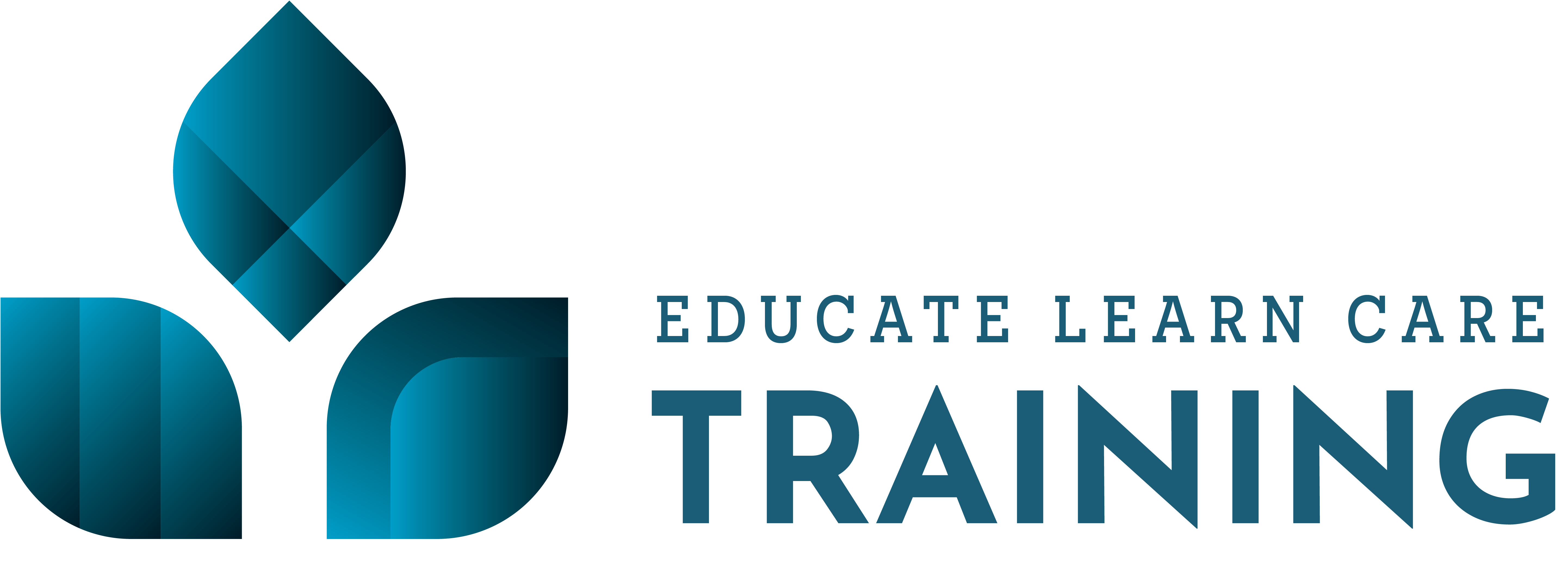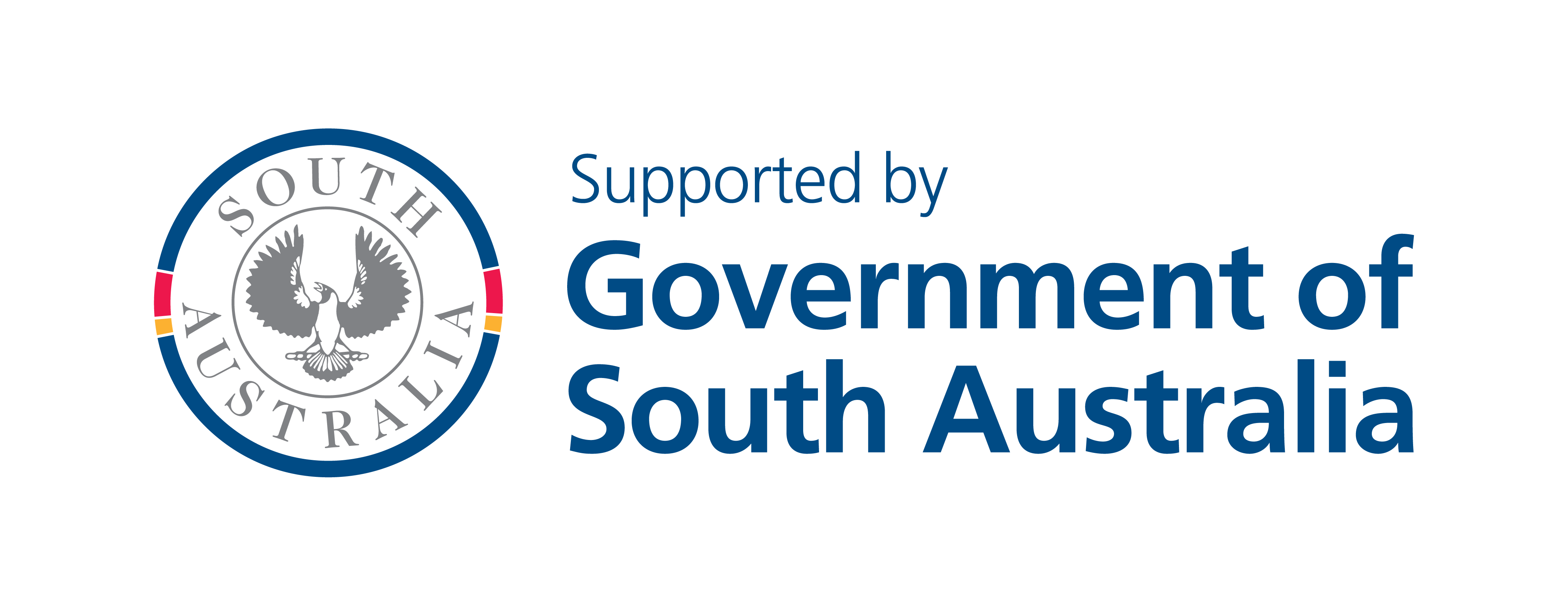Building strong, supportive relationships and providing age-appropriate experiences are essential for fostering children’s development. Here are some best practices for working with children in early childhood education.
1. Building Rapport and Supportive Relationships
Developing trusting, supportive relationships with children is key to making them feel safe and secure in their environment. This sense of belonging is especially important for children who have experienced trauma or abuse. For some, their childcare educator may be the only adult they feel safe with. Communicating with children and their families to understand their unique needs, routines, and culture strengthens these relationships, creating a positive, inclusive environment.
2. Age-Appropriate Interactions and Experiences
Providing age-appropriate interactions and experiences is crucial for children’s development. If experiences are too advanced, children may feel frustrated, while experiences that are too simple may lead to boredom. Striking the right balance helps foster engagement and positive learning outcomes. By understanding child development and building strong relationships with the children, educators can create experiences that challenge and enrich learning.
3. Learning Through Play
Children learn through play, and every interaction is an opportunity for growth. From exploring the texture and shape of objects to running outside with friends, children are constantly learning about their world. Using simple materials such as recycled items and household objects can create meaningful play experiences. These interactions help children develop social, physical, and cognitive skills, all while having fun.
4. Intentional Teaching
Intentional teaching helps educators guide and extend children’s learning. By aligning with children’s interests, educators can collaborate with them to scaffold knowledge and spark creativity. Directing, demonstrating, and explaining tasks provides children with the support they need to succeed. Reflecting on these interactions allows educators to plan and revise experiences to better support each child’s development.
5. Being Culturally Sensitive
Educators care for children from diverse cultural backgrounds, each with their own ways of knowing and being. Creating an inclusive environment is key to helping children develop a strong sense of self and belonging. Taking the time to get to know children and their families helps embed their culture into daily practices, ensuring an inclusive and respectful space for all.
Support and Professional Development
If you work with children and need support in these areas, speak to your centre Director or Educational Leader. At ELC Training Australia, we provide professional development sessions to help educators enhance their skills. We also offer Certificate III and Diploma in Early Childhood Education and Care to help you extend your knowledge and advance your career.
Vicki.





